Proceedings
Download the full conference proceedings (PDF).
Here is also the two day program.
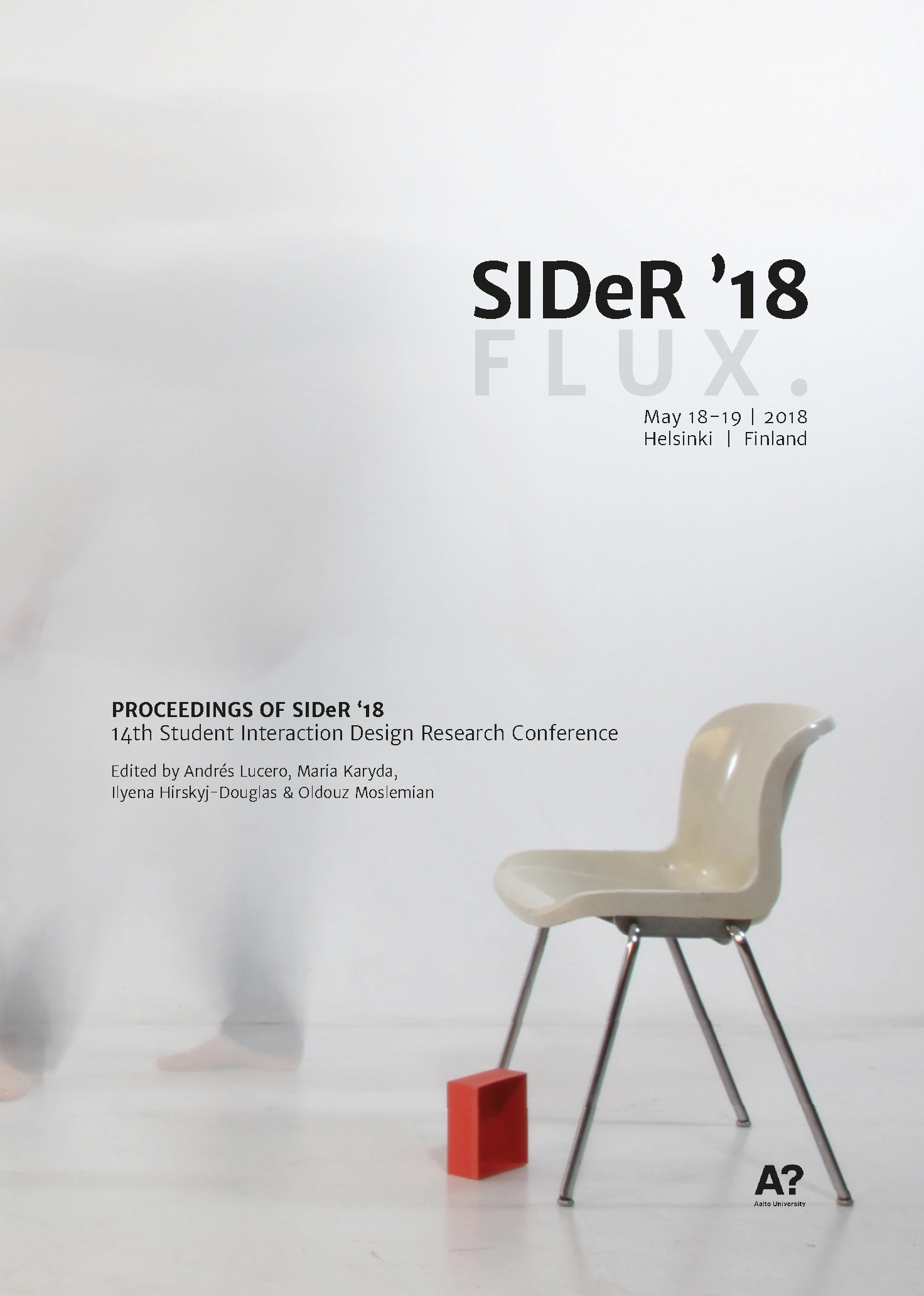
SIDeR is an international forum for showcasing papers, demos and posters from different disciplines related to interaction design. The conference will be held May 18-19, 2018 at Aalto University in Helsinki.
The theme of this year’s SIDeR conference is Flux. Flux describes a state of constant movement, transformation, and change. The boundaries between disciplines such as technology, engineering, biology, arts, and design are shifting and dissolving. As practitioners and researchers, we have to embrace this uncertainty and nourish the arising uncharted potentials.
As interactions permeate all facets of our lives, the agencies of the human and machine are increasingly intertwined, resulting in novel design concepts and artefacts. SIDeR 2018 provides a meeting ground for graduate students to exchange and disseminate ideas concerning the aforementioned continuous transformations in a multidisciplinary platform.
Submission dealine: March 21, 2018
April 2, 2018
Notice of acceptance: April 18, 2018
Camera ready deadline: April 25, 2018
Registration closes: May 5, 2018
May 13, 2018
Conference: May 18-19, 2018
We invite original unpublished research and design work. We welcome case studies, theoretical musings and couplings of theory and practical work. We invite three different types of submissions:
Please find the Nordes paper template here: Nordes 2013 Template.
Extended deadline is April 2, 23:59 GMT
Submission should be anonymous and in PDF format. Please submit your work at the Easy Chair submission system.
Submissions with videos: Please submit all, but the video on easy chair and send an email with the video from the first authors address to siderconference2018@gmail.com
Suggested topics for papers include but are not limited to:
The fee covers your participation, food and refreshments, and conference proceedings. You can pay the registration fee online by using your credit card. Registration closes on May 5 May 13, 2018 at 23:59
Besides the paper and poster presentations we offer a mix of other items during the two days.
Proceedings
Download the full conference proceedings (PDF).
Here is also the two day program.

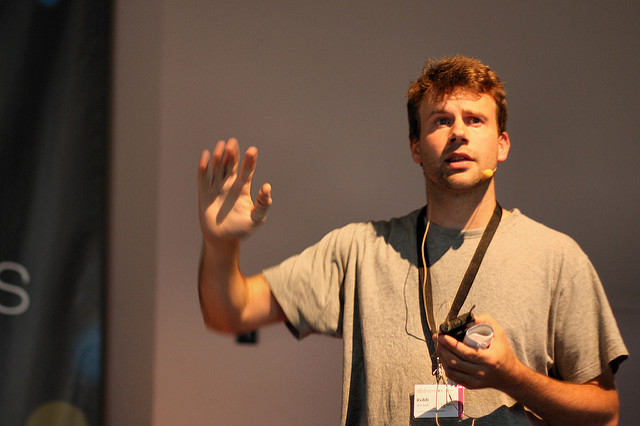
Keynote: Robb Mitchell
Robb Mitchell is an assistant professor, social interaction design at the University of Southern Denmark, Kolding.
A graduate of Environmental Art at Glasgow School of Art, his research and practice draw upon a diverse background that includes community development, market research, music promotion, cultural management, science communication and new media curating. This has ranged from bright lights, big city stuff with Ministry of Sound and Franz Ferdinand to activities with children and the elderly on the remote Scottish island of Orkney.
A common thread running through most of his work has been developing novel artefacts, environments, and processes that bring people closer together whether creatively, socially and professionally.
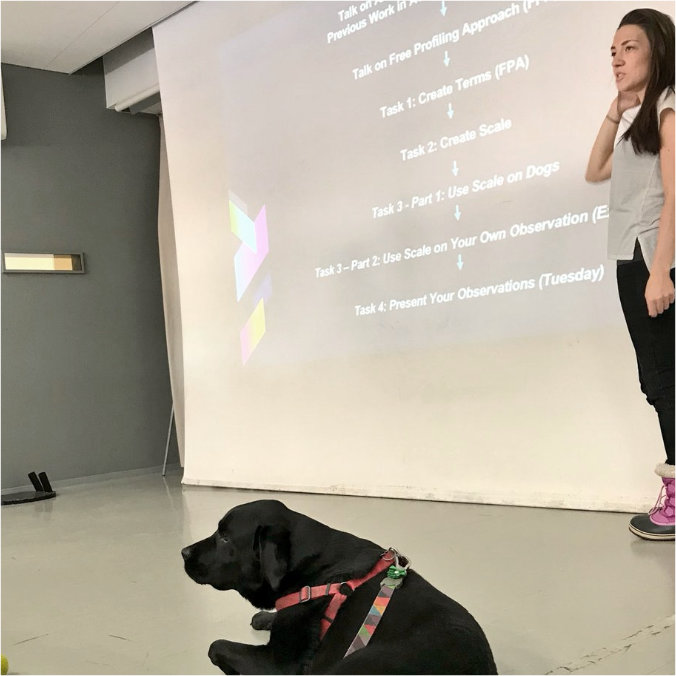
Workshop 01: Designing Technology for Dog to Dog Interaction
A workshop in Animal Centred Computer Interaction.
This workshop will explore the field of ACI, focusing specifically on dog-computer interaction and how to design technology for dog-to-dog interfaces that address the needs, wants, and limitations of the dog end-user. In this workshop we will investigate the relationship between dogs to capture their behaviour in a user centric way to draw up user requirements.
The field of Animal-Computer Interaction (ACI) focuses on the interaction between animals and computer technology. Whilst animals have used technology for a long time, systems to support this use, and investigation into their interaction is a new and upcoming field.
Ilyena Hirskyj-Douglas is a Postdoctoral researcher at Multimodal and Nomadic Interaction Group at Aalto University. She has acquired her Ph.D in Animal Computer Interaction at the University of Central Lancashire, England. Her work explores how dogs can interact with technology more naturally, and how they can be more active participants in research studies in this space.
Andrés Lucero is a professor of Interaction Design at Aalto University. His work focuses on the design and evaluation of novel interaction techniques for mobile devices and other interactive surfaces.
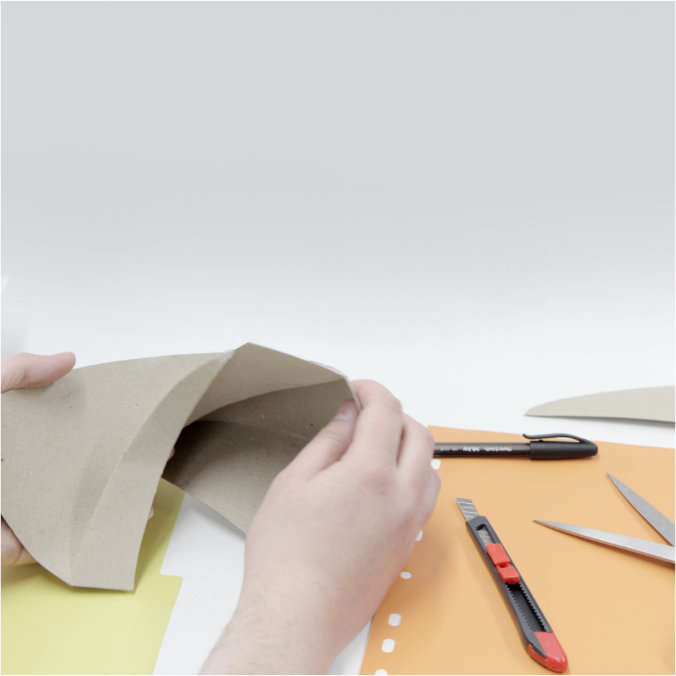
Workshop 02: Exploratory Deformation
A creative form-finding task with sheet materials.
The aim of this improvisational physical exploration exercise is to allow the participants to practice tectonic form-finding by grasping and deforming various sheet materials with high tensile strength.
In this workshop the participants will develop an understanding of physical material properties and the advantages and limitations in the preliminary stages of design. At the end of the workshop, all prototypes will be gathered and will be evaluated based on how the haptic feedback received through the materials leads to different creative design strategies during the process.
Emrecan Gulay is a first-year Doctoral Candidate at Embodied Design Group at Aalto University. He completed his masters’ degree at University for the Creative Arts Canterbury, UK. His research investigates the process and evolution of a component for bridging the gap between physical and digital manipulation processes by employing feedback as a new type of form generator.
Tania Chumaira is a first-year Doctoral Candidate at Embodied Design Group at Aalto University. She obtained her masters’ degree at The Bartlett School of Architecture, University College London, UK. Her research focuses on the materiality of social interaction in the digital era where physical space and virtual space are intertwined.
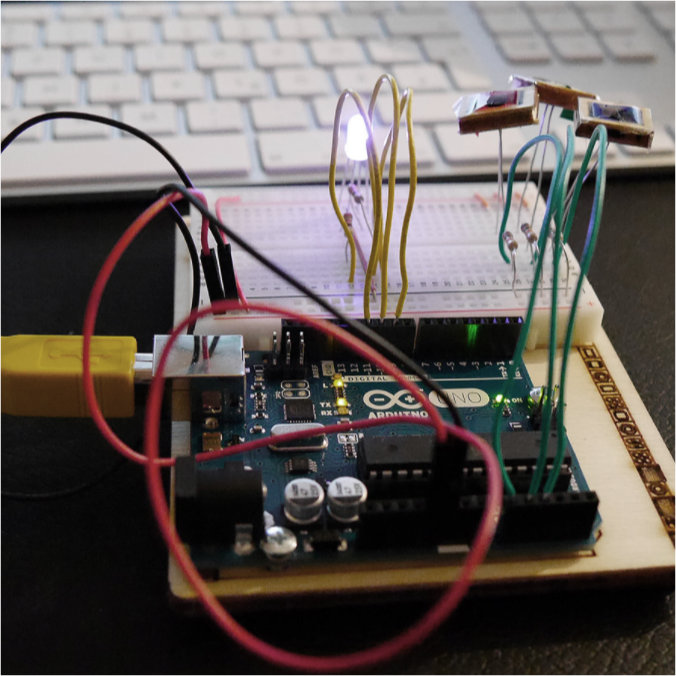
Workshop 03: One Sensor Challenge
An Arduino based makerthon with one Sensor.
The aim of "one sensor challenge" is to design a fun controlling interface out of a single 6DOF motion sensor. Students will play with signal processing and input techniques.
In this workshop, participants will develop a program that interprets signals from 6DOF sensor (3-axis accelerometer + 3-axis gyroscope) into a keyboard command. They will take an idea about signal processing techniques, information theory, and a concept of activation point setting. The participants will be evaluated by playing a game using their device and recording the score.
Janin Koch is a Doctoral candidate at User Interfaces Research Group at Aalto University. She has earned her masters’ degree from the Technical University Darmstadt, Germany. Her research experience from the MobileLife Institute in Stockholm, where she worked on the presentation of stress-indicators in bio-data for therapy purposes, led her to the decision to pursue academic work.
Sunjun Kim is a Postdoctoral Researcher at Aalto University. He completed his Ph.D. studies in Computer Sciences at KAIST, South Korea and has an extensive experience in publishing in international forums. His research interests revolve around Human Computer Interactions, more specifically in text entry systems, input devices, and physical computing.
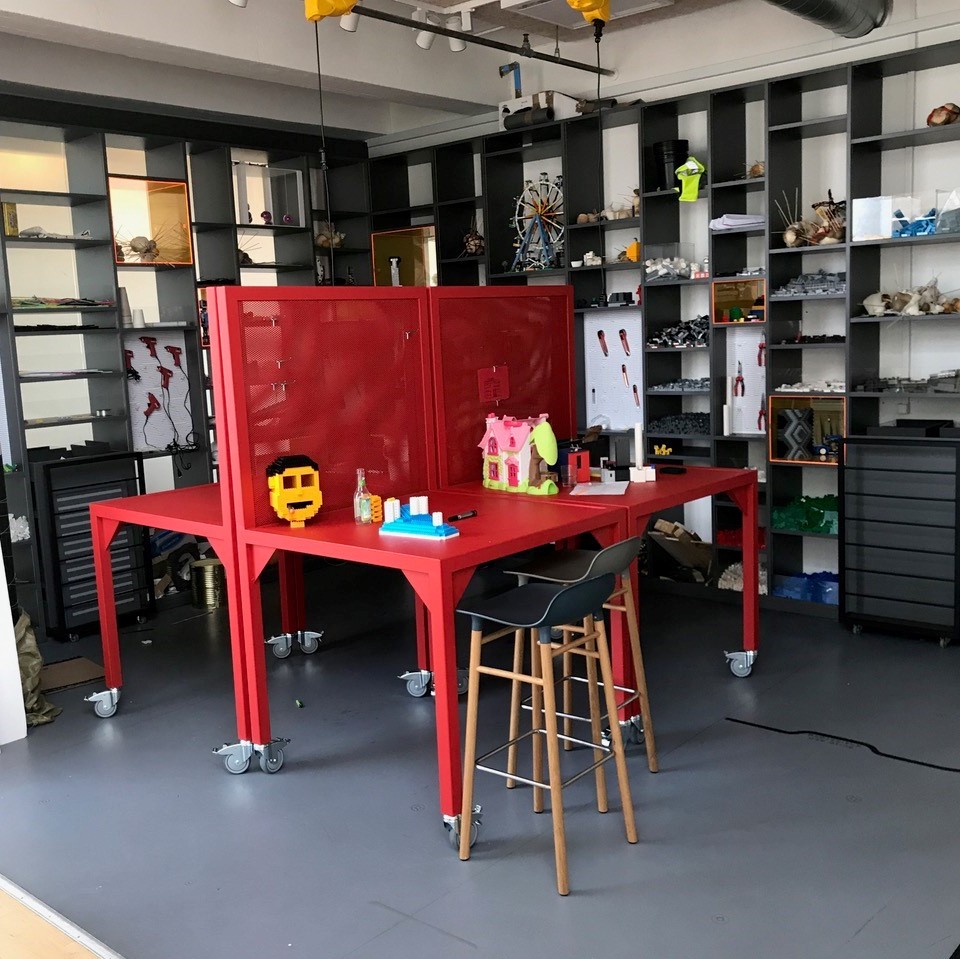
Workshop 04: Design Studio Practices
A LIVE Theory Building Workshop
In this workshop we will introduce you to the basics of citizen science and figuring out new potentials for design research. We aim to build a new theory together on design studio practices. ‘Build’ refers to hands-on fun to get insights into other people’s design spaces and the chance to put your own experiences in a much larger perspective.
This workshop is the grand finale of a Citizen Design Research project. Our goal is to find the most exciting Interaction Design Studio in the world! At this moment, pictures and stories from design studios around the world are piling up on our site. Join us and help gather data and analyse it.
Nele Schmidt is a graduate student of IT Product Design at SDU in Kolding and holds a bachelor degree in Interaction Design Engineering. Between studying, she has been working for an interface design office, where her focus was on user research and participatory design. Now in academia, she is researching participatory design approaches and her current project focuses on the interplay of the emerging field of citizen science and design research.
Kamila Halabura is a graduate student of IT Product Design at SDU in Kolding, with a background in Digital Concept Development and Brand Management. The study path and professional experiences made her passionate about marketing strategies, user-centered design, and co-creation. Her current research project aims to explore the relation between citizen science and design research.
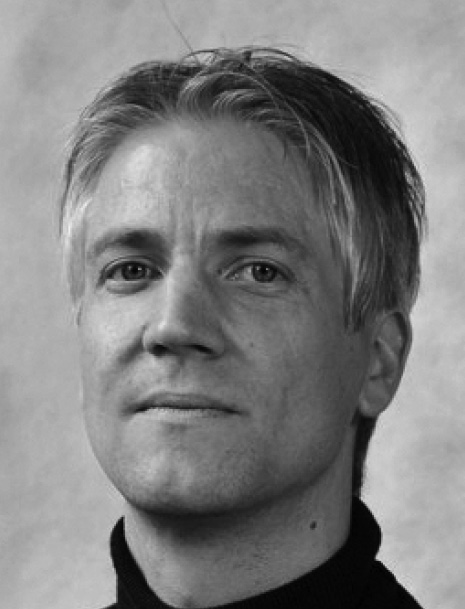
Moderator: Antti Salovaara
Antti Salovaara (PI) is an adjunct professor of computer science in University of Helsinki.
He holds a PhD in cognitive science. He studies creative uses of IT, such as repurposing, workarounds andunexpected use, to create knowledge on how to make systems more adaptable for different needs.
Antti is interested in creativity in knowledge work and the role of ICT use in those processes. His research involves both individual-level studies on creative cognitive processes as well as development of new models and theories for understanding the organizational factors that may hinder or facilitate creativity in informationsystems use.
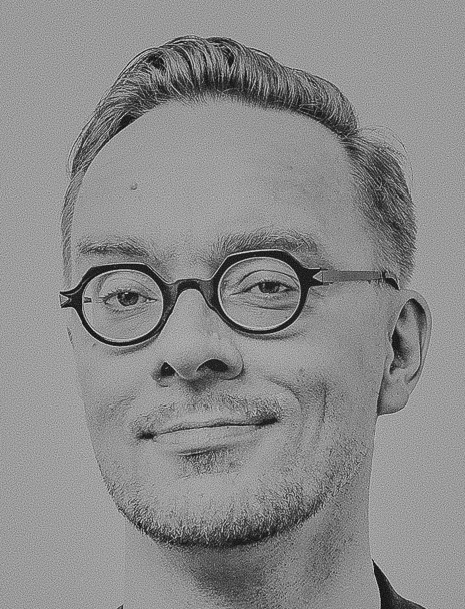
Panelist: Sami Niemelä
Sami Niemelä is one of the founders and the creative director of an advanced design firm Nordkapp headquartered in Helsinki and working all over the world. In his daily work he helps companies find their way in a fast-moving world, specializing in discovering the cracks and using what grows there as a fuel in creating culture shaping strategies, products and services.
On the side, he co-founded IxDA Helsinki in 2008, co-chaired sold out 1200 strong Interaction 16 conference in Helsinki, has been invited to judge several competitions such as the Webbys and advices ambitious startups. Sami also holds several international patents and is an internationally awarded designer and a strategist.
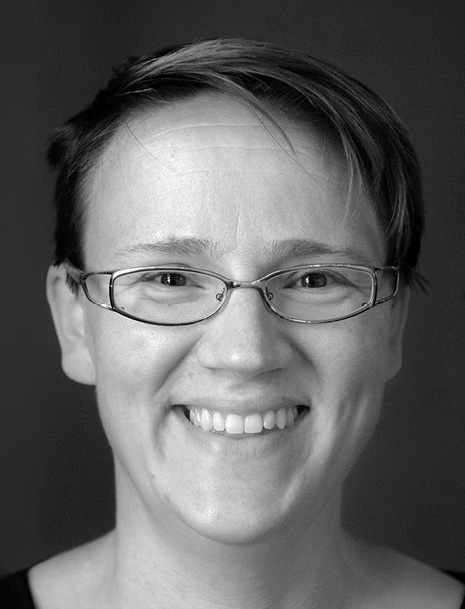
Panelist: Laura Turkki
Laura Turkki is a strategic service designer.
Laura has over 15 years of experience in user-centric service design and digital implementation. She has worked both in-house & as a consultant and her previous employers include Adage and Nordea. She currently works on strategic design, value design, concepts, emotions and ecosystems at Adventure Club Helsinki. Laura has judged & received several Vuoden huiput design awards.
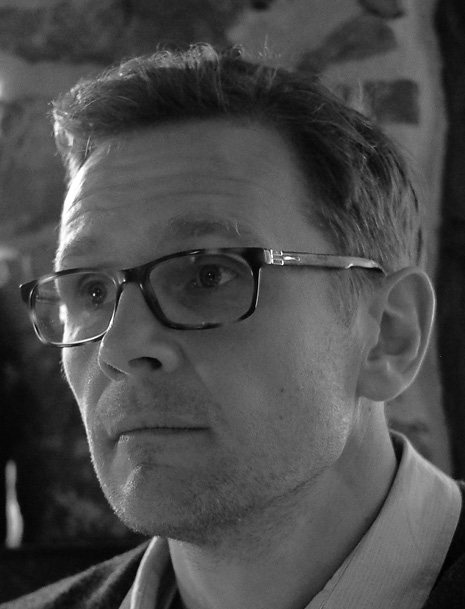
Panelist: Severi Uusitalo
Severi Uusitalo is a Lecturer of Digital design at Aalto University’s Department of Design. He also consults regularly in the field of UX design and design management to stay aware of development of the field in practice.
Severi has worked as an interaction designer and UX researcher at Nokia Research Center and later at Rovio. Severi is an industrial design alumnus from Aalto’s predecessor TaiK and has deepened his understanding with studies at Tampere Univ. of Technology, Univ. of Tampere, and Aalto, especially in areas related to HCI and UX design. His current research interest is in computational design, in the context of industrial design. Severi has authored or co-authored 20 granted US patents mainly from his time at Nokia.
This years SIDeR is held at Aalto University at the School of Arts, Design and Architecture at Arabia campus in the beautiful capital of Finland, Helsinki.